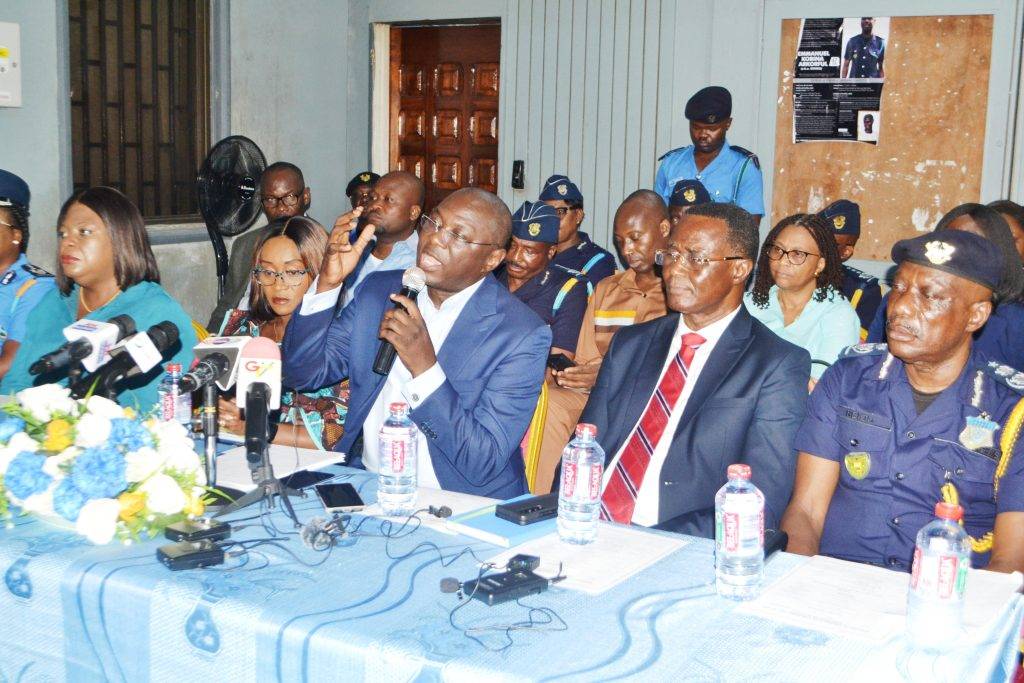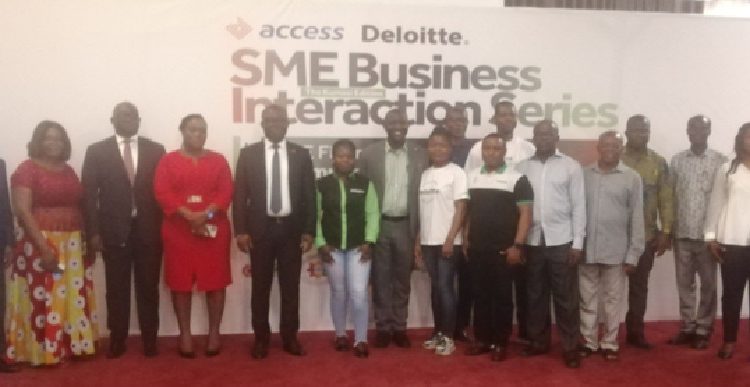
By Ebenezer Adjei NJOKU
The 2026 Budget faces significant risks from persistent revenue underperformance, according to a new analysis by Deloitte that raises serious questions about the sustainability of government’s fiscal consolidation agenda.
While headline macroeconomic indicators showed marked improvement in 2025, the advisory firm cautioned that weak tax mobilisation, volatile oil receipts and structural leakages within the domestic revenue system could threaten government’s ambitious revenue target for the year ahead.
The Ministry of Finance has set total revenue and grants for 2026 at GH¢268.1billion including GH¢223.9billion in tax revenues – the highest in Ghana’s fiscal history. However, Deloitte’s review of the 2025 outturn shows a broad pattern of underperformance across nearly all major tax handles, with the exception of personal income tax and property rates.
The report notes that corporate income tax, PAYE, VAT, import duties, the growth and sustainability levy and petroleum receipts all fell below target during the first three quarters of 2025.
Oil receipts were the most striking deviation, coming in over 50 percent short of expectations due to lower global crude prices, reduced local production and sharp appreciation of the cedi, which cut the cedi-value of oil exports.
Deloitte observed that oil-related revenues, which once formed a critical buffer in the budget, have become increasingly volatile: heightening the need for government to accelerate production reforms and consider hedging strategies.
The deficit in domestic revenue mobilisation reflects deeper structural challenges, Deloitte argued, including persistent compliance gaps, delays in VAT credit refunds, exemptions that narrow the tax base and weak enforcement capacity.
Import-related taxes suffered from subdued import volumes and the stronger local currency, which reduced the taxable value of merchandise at the ports.
In addition, shifting consumption patterns following the easing of inflation appear to have contributed to softer-than-expected VAT collections in the year’s second half.
These trends raise concerns about credibility of the 2026 revenue target, particularly given that the budget depends heavily on improved tax mobilisation to fund new social interventions, increased capital expenditure and government’s flagship economic transformation programmes.
Deloitte warned that the fiscal framework could come under pressure if the underlying revenue weakness persists – potentially forcing expenditure cuts, additional borrowing or the introduction of new measures mid-year to stabilise the fiscal path.
Government’s proposed VAT reforms – headlined by a reduction in the effective VAT rate from 21.9 percent to 20 percent, abolition of the COVID-19 levy and a higher registration threshold – represent a major shift in tax policy.
While these measures are expected to streamline compliance and stimulate business activity, Deloitte cautions that successful implementation will depend heavily on enforcement and administrative capacity.
The introduction of fiscal electronic devices, expansion of the e-VAT system and a proposed VAT reward scheme for consumers were all described as positive steps, but the firm stressed that execution will be decisive.
The advisory firm also noted that the 2026 revenue strategy relies substantially on stronger non-tax revenues and improved performance by state-owned enterprises.
However, several SOEs continue to show financial fragility – with operational inefficiencies and debt overhangs that could limit their contribution to government receipts.
Deloitte recommended that government intensify tax audits, expedite digital tax administration reforms, tighten the approval of exemptions and scale up compliance drives targetting sectors with historically high evasion rates.
It also highlighted the need for a clearer oil revenue management framework, including the possibility of hedging to smooth out unexpected price fluctuations.
Despite the concerns, Deloitte acknowledged progress in narrowing the fiscal deficit and achieving a primary surplus for the first time in years. The firm noted that improvements in inflation, exchange rate performance and reserves have created favourable conditions for fiscal stability.
However, it noted that sustaining the recovery in 2026 will require “deliberate, disciplined and consistent” revenue mobilisation efforts to avoid slippages which could undermine gains achieved over the past year.
The post Revenue fragilities cast shadow over 2026 budget targets — Deloitte appeared first on The Business & Financial Times.
Read Full Story
















Facebook
Twitter
Pinterest
Instagram
Google+
YouTube
LinkedIn
RSS